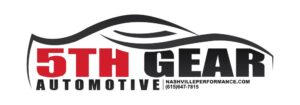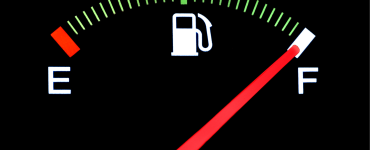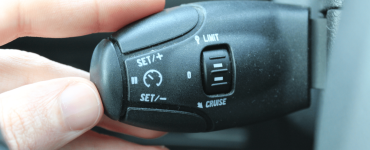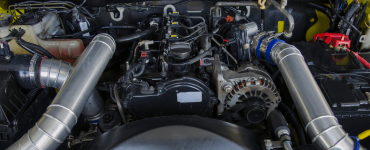Aerodynamics and fuel economy
Key Takeaways Table
| Strategy | Description |
|---|---|
| Aerodynamic Optimization | Implementing aerodynamic enhancements to minimize drag and boost fuel efficiency. |
| Engine Efficiency | Tuning the engine to run more smoothly and efficiently, directly impacting fuel consumption. |
| Tire Pressure | Maintaining optimal tire pressure for decreased rolling resistance and improved fuel economy. |
| Weight Management | Reducing vehicle weight to enhance mileage and reduce fuel usage. |
| Speed Consistency | Driving at steady speeds to conserve fuel over time. |
| A/C Usage | Using air conditioning strategically to avoid unnecessary fuel expenditure. |
The Aerodynamic Edge in Fuel Economy
The correlation between a vehicle’s aerodynamics and its fuel economy is a pivotal aspect often overlooked by drivers. As air flows over the vehicle, it creates drag, which the engine must overcome, thus consuming more fuel. By optimizing the vehicle’s shape and adding strategic modifications, you can significantly reduce this resistance. Delve into the intricacies of how aerodynamic improvements can propel your vehicle’s performance and economy to new heights.
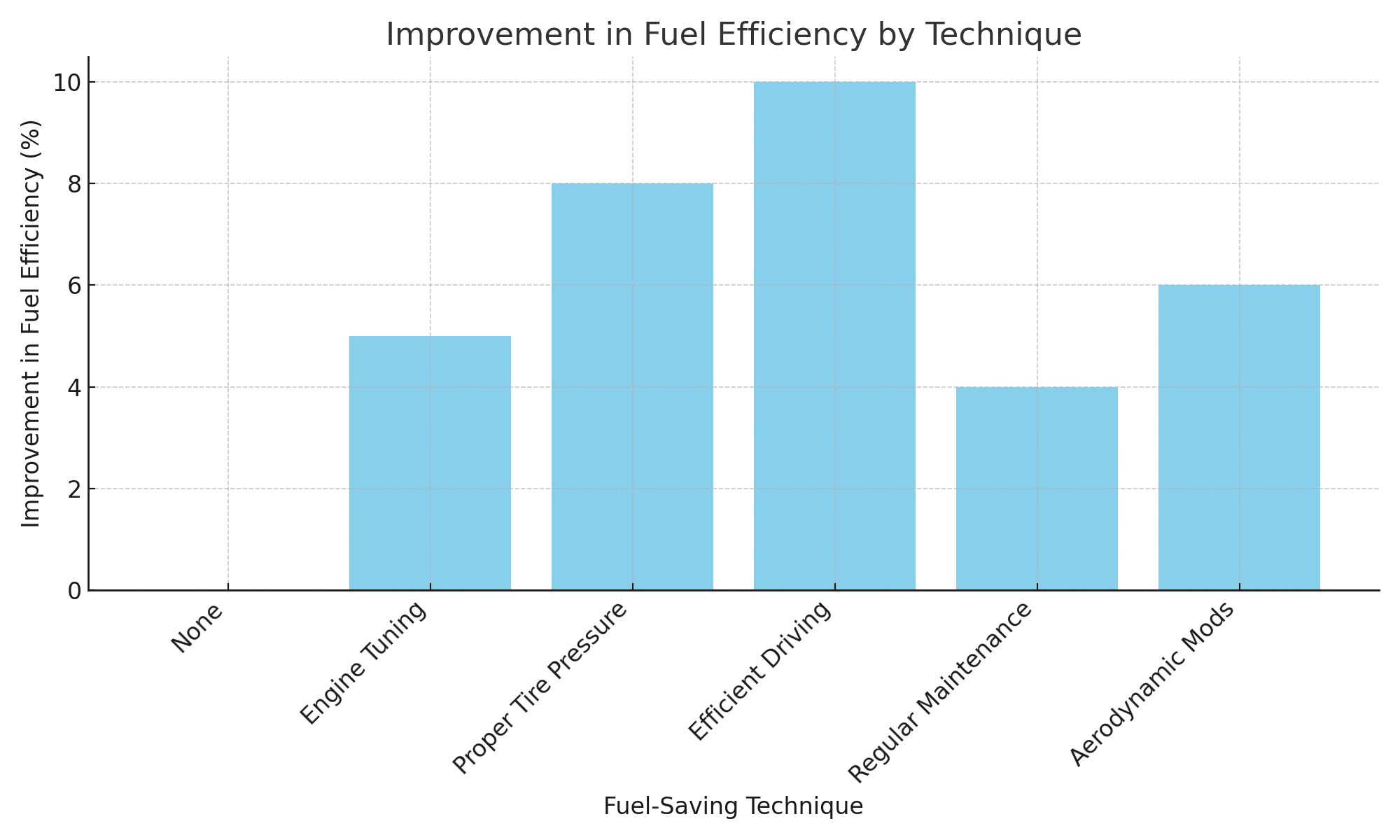
Revving Up Engine Efficiency
The engine’s condition is crucial for fuel economy. Regular maintenance, such as oil changes and fuel injection upkeep, can enhance efficiency. Understanding the nuances of engine tuning can lead to better fuel management and cost savings.
The Importance of Tire Pressure
It’s simple yet effective: maintaining the recommended tire pressure can improve fuel economy by up to 3%. Learn more about the benefits of tire pressure efficiency for your vehicle’s performance.

Reducing Load, Improving Mileage
Extra weight demands extra fuel. By removing non-essential items from your vehicle, you can instantly enhance fuel efficiency. It’s one of the most straightforward yet effective ways to improve your car’s mileage.
Consistent Speed for Fuel Conservation
Frequent acceleration and deceleration can guzzle fuel unnecessarily. Maintaining a constant speed, particularly on highways, can significantly reduce fuel consumption. For more insights, explore how driving habits impact fuel efficiency.
Smart Use of Air Conditioning
Air conditioning can increase fuel consumption by a considerable margin. By using it judiciously and only when necessary, you can save fuel and money.
By implementing these strategies, you’ll not only save at the pump but also contribute to a cleaner environment, aligning with Nashville Performance’s commitment to sustainable practices.
Fuel Economy Q&A Table
| Question | Answer |
|---|---|
| How does aerodynamics improve fuel economy? | By reducing air resistance, aerodynamic enhancements allow a vehicle to use fuel more efficiently, leading to better mileage. |
| What is the impact of engine tuning on fuel consumption? | Proper engine tuning optimizes engine performance, which can improve fuel efficiency by up to 5%. |
| Can tire pressure affect fuel economy? | Yes, maintaining proper tire pressure can reduce rolling resistance and improve fuel economy by as much as 8%. |
| How does weight reduction influence fuel efficiency? | Removing unnecessary weight from the vehicle can improve mileage, as less fuel is needed to move a lighter vehicle. |
| Does maintaining a consistent speed save fuel? | Yes, maintaining a steady speed rather than frequent acceleration and deceleration conserves fuel, with potential improvement up to 10%. |
| Is the use of air conditioning detrimental to fuel efficiency? | Excessive use of air conditioning can increase fuel consumption; using it sparingly can contribute to fuel savings. |
